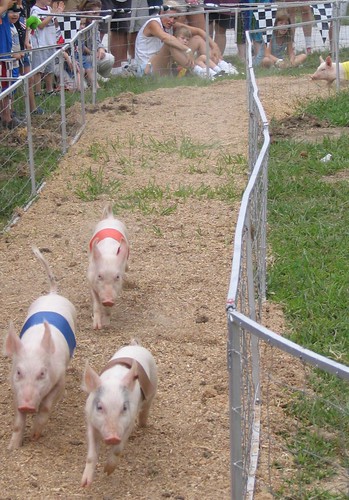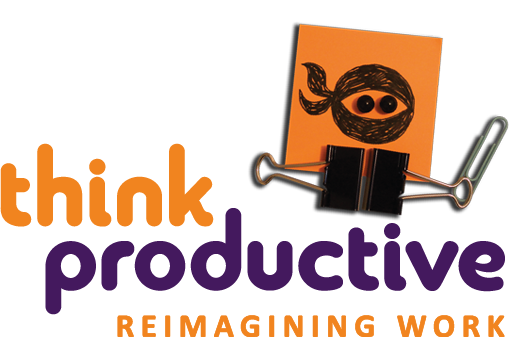![]()
I’ve recently changed my work schedule.
The Think Productive UK office operates a 4-day week which, if I’m honest, I wasn’t sticking to for a while around the time of the book. But I wanted to figure out a way to make it work.
Why didn’t it work before for me?
Well, when you work Monday to Thursday and you reach Thursday after four slightly longer than average days, your judgement is that there’s still loads to do. So you work a little bit of Friday morning, and, well, you can guess what happens next.
So recently, I’ve changed to a Tuesday to Friday set-up. The strangest thing about this is realising how much the feeling of “playing catch up” dominates my guilty thoughts as I’m mooching about in a coffee shop or an art gallery on Monday whilst everyone else is at work.
But what are we ‘catching up’ on, exactly?
People who were too tired on Friday to do good work and are now sending you Friday’s work with renewed vigour and enthusiasm?! Likewise, sitting in the Think Productive UK office on my own on Fridays (since the other staff still operate Monday to Thursday as their 4-day week) is a peaceful bliss of an experience: I still feel largely fresh having had a proper 3-day weekend now and it’s a great to have quality, uninterrupted attention but also with the feeling that Friday night feels like a more important hard barrier to observe than Thursday evenings used to.
My final observation is how little importance we give to Tuesdays, Wednesdays and Thursdays. The middle days – for most office workers, anyway – are neither the start nor the end. They’re a chance or an excuse to get lost in vagueness rather than to make the clear commitments we do at the beginning or the end. So should we treat every day like a new beginning or a final end?
The truth is, every single day is both a new beginning and an approaching end. So make the most of it.
